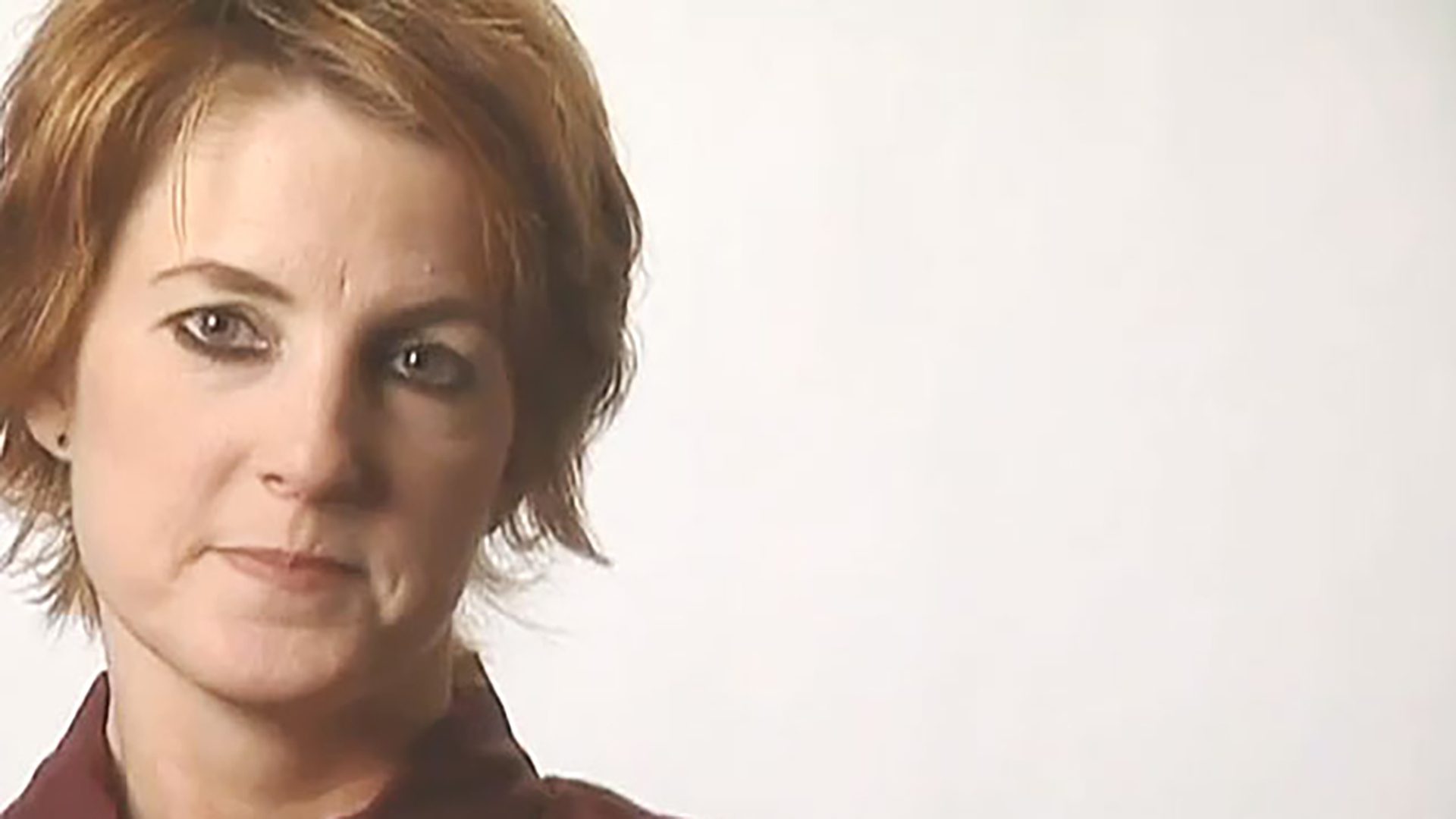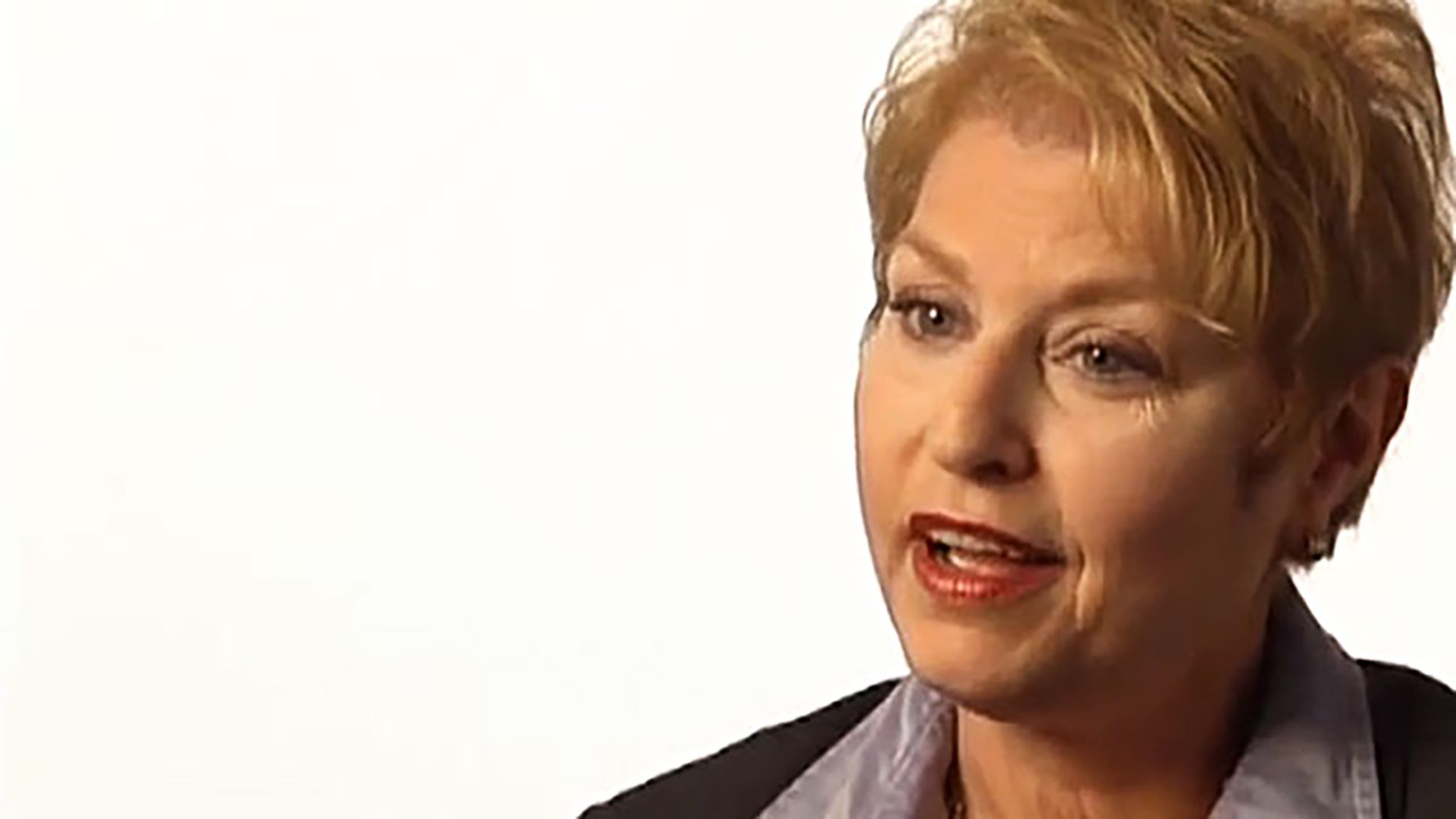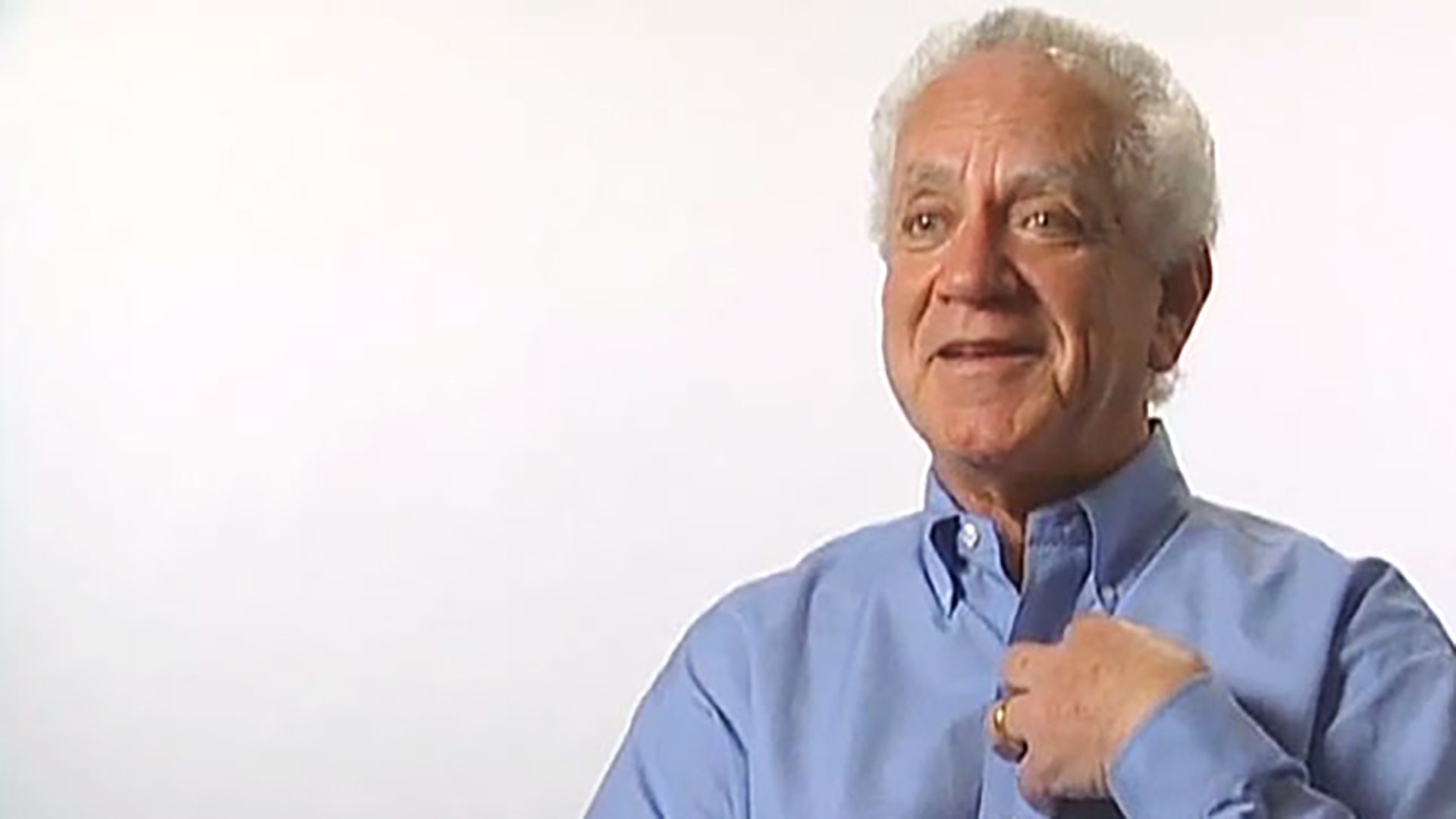Survivor Interview – Kim B.
Kim is a brain cancer survivor. She talks about short-term memory loss, life expectancy, and the importance of her kids over her career.

I had surgery, chemo, and radiation. I’ve been told that I was at my height of healthiness when I was diagnosed. I was told the reason I beat cancer was because of the shape I was in before I was diagnosed. The shape I maintained during treatment helped tremendously.
I was determined that my treatment wasn’t going to affect my life. I was fatigued and down at times, but I have two small children and I didn’t want them to think that their mom was sick. They were three and six at the time. I wanted to keep everything as normal as possible. So I dealt with the fatigue in different ways. I went to bed right when they went to bed, which was quite early, so I didn’t have to take naps when they were home. Sometimes I had to throw toys down on the floor and say, “Go get it,” and I laid on the couch and watched them. I could not be as active as I am usually.
I have always had an impeccable memory. Any conversation, anything, I can remember verbatim. It’s been a real issue in the family. Since chemotherapy and radiation, I have found that my short-term memory has been affected. Walking into the kitchen to do something, and by the time I get there, it’s gone. I can’t remember it. Not just people’s names, because everybody forgets names, but objects, simple objects that are part of your vocabulary. I have to take a little bit more time sometimes to think of it. It’s just not right there on the tip of my tongue. That’s just something that I don’t think will go away. It’s not debilitating, but it is something that you have to accommodate for. It is a physical issue. And my doctors, they’re like, “Oh, everybody forgets people’s names.” But they don’t see me walking to the kitchen to do something and by the time I get there, forgetting what I was gonna do. My husband’s the only one that sees that.
I asked the doctors every question. I made a pain out of myself. I had my Day Timer for every meeting with the doctor. I asked every question that I could have possibly asked and more. I didn’t care. That’s not my nature. I’m one that would typically hold back in asking particular questions and just be more reserved. But when it came to my diagnosis and my treatment, I wanted to know everything, and I asked everything. I write everything down. I save all my questions. And now, since I don’t go all the time, only every three months, I’ll call with my questions in between visits. I won’t wait. If you don’t ask questions, you don’t get the answers from your physicians or anyone else involved, so asking questions is crucial.
I didn’t ask about whether I would survive or not, or how long I had to live. Other people did, but I’m not gonna let a doctor tell me how long I have to live. I’ve heard a lot of people were told, “You have this long to live,” and they live longer or they’re still living or they gave in, because the doctor said they weren’t going to live. And I just don’t think it’s a doctor’s right to predict how long someone has to live, because miracles do happen. And so I didn’t ask.
Whenever I get ready to go to my three-month checkup, I’m afraid, and I live with it for the week. I’m a little bit more afraid than normal. I don’t think that you ever truly get rid of the fear, because cancer could always come back. But you just learn to live with it. The week before the test, I call my mom, and I tell her everything, how I’m feeling. And she’s there. She listens. My dad is there, too. He calls, and he’s very supportive.
I wasn’t afraid of dying. I was afraid of my kids growing up without me. That was my biggest fear. That might sound vain, but I wasn’t one to have motherly instincts when I was growing up, but there’s nothing like having children. I didn’t want them to be without me. I was afraid the whole time, and I’m afraid now, even though I beat it. I live with fear of recurrence. I fear it every day. I think about it every day. But I try not to let it debilitate me. I pray. And I just try to do a lot of research on what could possibly cause cancer, brain cancer, and other types of cancer. Diet and health issues are the main areas that I look into. I just try to go day by day I don’t dwell on it. I just try to forget it. I get the most fearful when I have to do the test and get the results. Otherwise, I just move on and just try not to let it affect me. I don’t want it to affect my family. I just want to be normal and do the physical things that I can do to make sure it doesn’t come back.
If you’re dealing with someone who does have cancer, the biggest thing is treating them normally. Don’t treat them like they’re deficient. Having cancer is not a deficiency. It’s a disease that you have to win. My advice to people who have to deal with people who have cancer is to be strong for them and encourage them and don’t let them to think that they can’t beat it. Be very informative. I’ve had lots of family members who are in the medical field who did a lot of research. Lean on them to do the research for you, especially on the Internet. I found that I could get more afraid by doing research on the Internet than just asking the right questions of the right people. Let your family do the research on the Internet and send you the relevant articles that aren’t so fearful.
Before cancer, I was all about my career and being able to maintain my career even though I had children. I was very focused on the fact that I had children not interfering with my career. That didn’t make me a bad mom. I was definitely balancing both pretty well. Now being a better mom is more important. The focus has changed to my kids, and my career has taken a backseat. I still work. I’m pursuing a new career, but it’s completely changed my emphasis on being successful. Success is not rising to the top of an organization now. Success, to me, is doing what makes me and my family happy and career takes a backseat to that.
If someone tells you that you’re not gonna survive and that they can’t do anything more, find someone else. Find someone that will be encouraging. Even if they don’t think that they can do anything, if they’re willing to be there for you and encourage you. I had one doctor that was doom and gloom, and another doctor came in and said, “We’re gonna beat it.” And I think he saved my life. I really do.
Survivorship means winning the battle once you’ve found out that you have cancer. It’s fighting the battle, winning it, and being cured.
I’m Kim Bergeron, and I’m a two-year cancer survivor.

